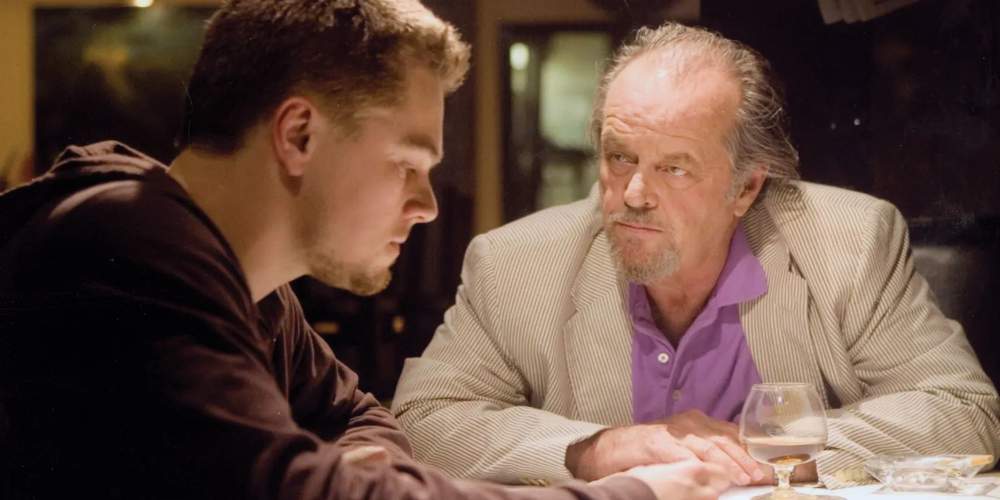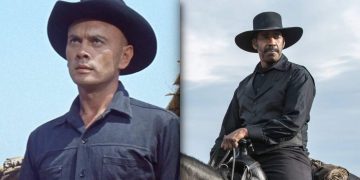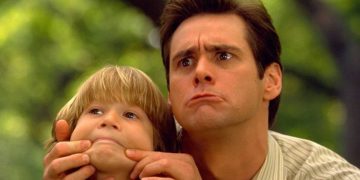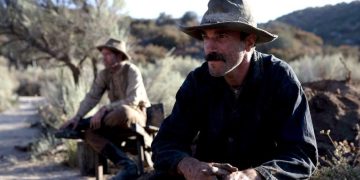How often do remakes turn out well? When was the last time you watched a film adaptation of a prior cinematic work and came away with the impression that it had surpassed the original? It's exceedingly rare.
It's pretty much a cliché now. Whenever an English-language remake comes out, everybody knows someone who's seen the original foreign film it was based on, and they always tell you that the original was unequivocally better.
That cliché exists for a reason: because nine times out of ten, it's true. But every so often, once in a blue moon, an English-language remake comes out with enough of that special X factor to make it just as good—or even better—than the original it was based on.
Here are our picks for the best English-language remakes of foreign films that actually did justice to their source material.
7. The Magnificent Seven (1960)
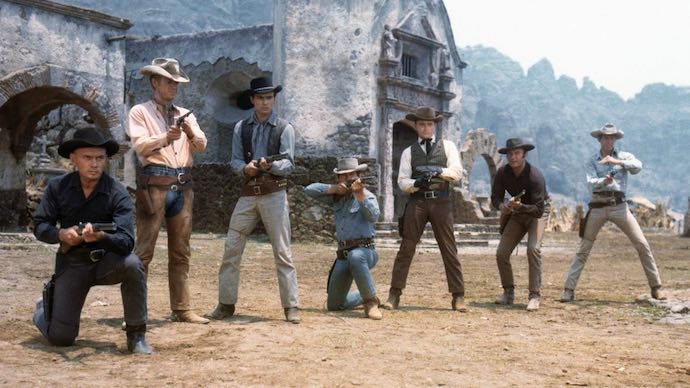
A remake of Akira Kurosawa's classic Seven Samurai, The Magnificent Seven was Hollywood's attempt to westernize the Japanese masterpiece by setting it literally in the Wild West.
Bringing together an all-star cast that replaced samurai with cowboys, the film had Yul Brynner, Steve McQueen, James Coburn, and Charles Bronson in the four leading roles of the eponymous Seven. Robert Vaughn and Eli Wallach also appeared in supporting roles.
Directed by John Sturgess, The Magnificent Seven somehow copies its forebear note-for-note yet still finds its own ground at the same time. The end result is a commendable feat, considering that Seven Samurai is still lauded as one of the greatest films ever made.
The chemistry between the leading cast is electric throughout the film, and the action sequences still make for fun viewing today. Even though The Magnificent Seven doesn't come close to matching Seven Samurai's legacy, it has carved its own iconic history.
6. The Departed (2006)
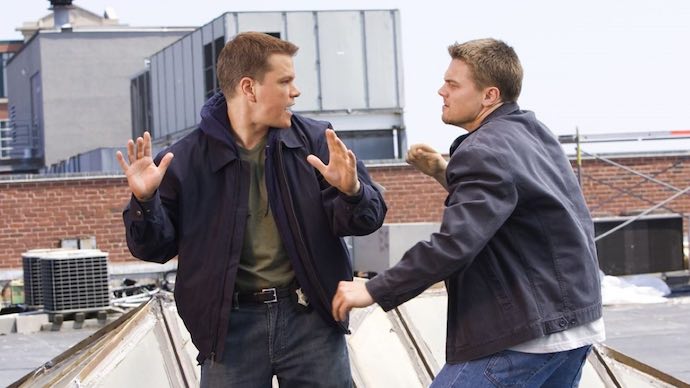
Based on the Hong Kong classic Infernal Affairs, Martin Scorsese's The Departed became better known for being the movie that finally won Martin Scorsese an Academy Award.
As a western remake of an eastern film, The Departed lacked the same unique energy of the original, but it made up for it with its stellar cast that put in intensely driven performances.
Leonardo DiCaprio, Matt Damon, Mark Wahlberg, and Jack Nicholson deliver smart and cunning performances that imbue the film with a depth of gravitas that few other gangster movies have ever done.
Fortunately, gangster films are what Scorsese does best, and his direction in this movie is one example of Scorsese's perfect cinematic eye that he's honed over decades at the summit of the film industry.
5. The Girl With the Dragon Tattoo (2011)

David Fincher's version of Stieg Larsson's novel put Daniel Craig and Rooney Mara in the leading roles of Mikael Blomkvist and Lisbeth Salander, respectively, for which both garnered critical praise.
Still set in Sweden, the movie served as an English-language remake of the original film starring Noomi Rapace. Why did Fincher make the film if it really only changed the language aspect? Who knows. In the end, he garnered praise for the resulting film.
Comparing the two films has always been a point of contention. Many firmly stick to their opinion that the first movie is better, but you also get the sense that much of that is attributed to the self-pride of having watched a foreign-language film.
Looking back now at Fincher's 2011 film, it smartly adapted the source material rather than the prior movie, meaning that the two can stand apart on their own merits without constant comparison with the other.
4. Some Like It Hot (1959)
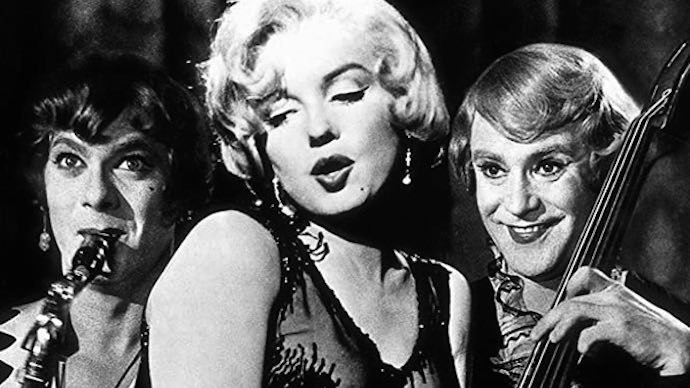
A film based upon an unknown German picture from 1951, Some Like It Hot is today considered an early example of LGBTQ+ representation in Hollywood storytelling. It also represented a new wave of femininity in leading male characters.
Billy Wilder's script for the film comes from Fanfares of Love, which itself comes from a 1935 French film called Fanfare of Love. They all feature the same basic premise: two men decide to dress up as women to become members of an all-female band.
Billy Wilder's interpretation of the material is the most famous, such that many don't know it's based on a remake of a classic French film.
Jack Lemmon, Tony Curtis, and Marilyn Monroe's performances shine on every viewing, and Wilder's keen eye shows the audience exactly what they need to see, which is the secret to the film's charm.
3. Godzilla (2014)
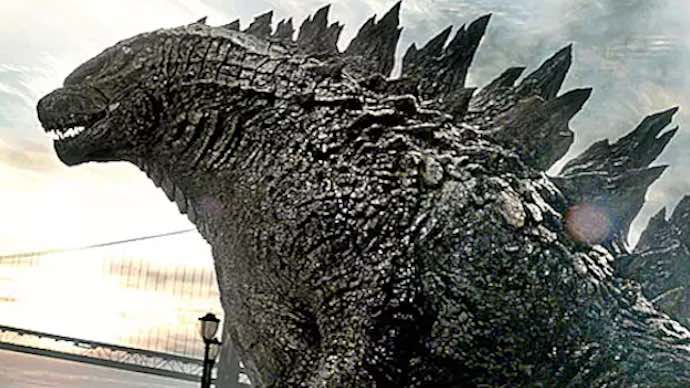
After several strange choices regarding the Godzilla franchise, Legendary Pictures finally came out with a movie worth seeing in 2014.
The modern monster movie showcased the essence of how Japan saw the feared titanic beast, with battles wiping out entire cities and destroying skyscrapers as if they were papier-mâché.
The original Godzilla film from 1954 is very different to the 2014 picture, so any direct comparison is effectively moot. However, between the 2014 film and the 1998 movie, some similarities exist.
And the 2014 film is better in every respect. The performances by the leading cast are stronger. The visuals are more engaging. The design of Godzilla himself is vastly superior. Not perfect, but still great.
2014's Godzilla is less of a remake and more of a retelling—one that's well worth watching over many of its predecessors.
2. Solaris (2002)
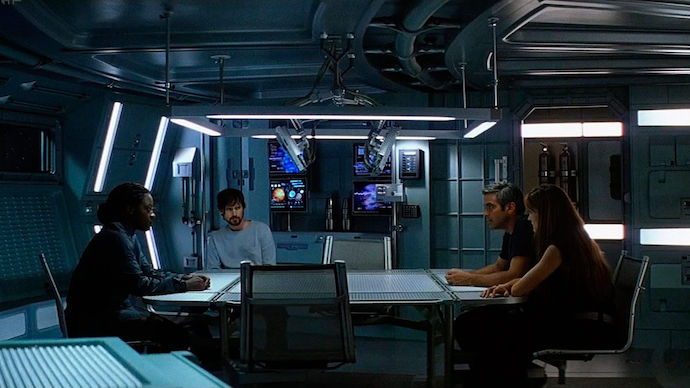
The original Solaris by Andrei Tarkovsky is an undying classic, which means remaking it isn't a challenge that just anybody can attempt. It could only be done by a renegade—someone who wouldn't care about the inevitable comparisons to the great original.
Step up, Steven Soderbergh. Known for his endless diversity and original takes on pre-established concepts, Soderbergh took the source material—a sci-fi book by Stanisław Lem—and decided to adapt it himself.
With George Clooney and Natascha McElhone in the leading roles, the 2002 version of Solaris doesn't really come close to the genius of Tarkovsky's original adaptation. However, it does go in its own direction, and it's a direction worth checking out.
Soderbergh's Solaris is a good film, even if it's one that few will want to watch again, even if it's one that's often ignored by cinephiles in favor of the foreign-language original.
In hindsight, Soderbergh's version provides an example of how well Soderbergh can adapt to different genres, and it's a strong example of how to remake a foreign-language film for western audiences.
1. A Fistful of Dollars (1964)
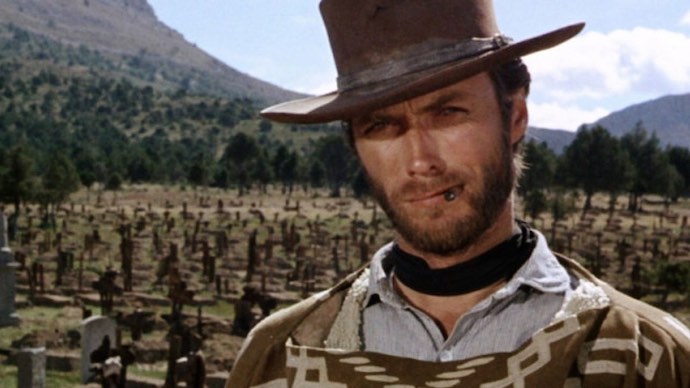
The film that started the Dollars trilogy, A Fistful of Dollars became a classic Western upon release and made enough of an impact to produce two sequels. However, the contentious point of this film was it being a direct remake of Akira Kurosawa's Yojimbo.
Toho, the famous Japanese studio, sued the filmmakers for copying the Kurosawa classic and won their lawsuit, forcing Sergio Leone to admit that the film was inspired by the classic samurai picture.
That aside, Leone's film still has the feel of a movie that belongs to itself. It featured the coolest Western protagonist of its era in Clint Eastwood's The Man With No Name, and it inspired countless Western films since.
It's not just a western remake of a Kurosawa film. A Fistful of Dollars has a special place amongst English-language remakes since it might be the best one there's ever been. Without it, we wouldn't have gotten For a Few Dollars More and The Good, The Bad, and The Ugly.
